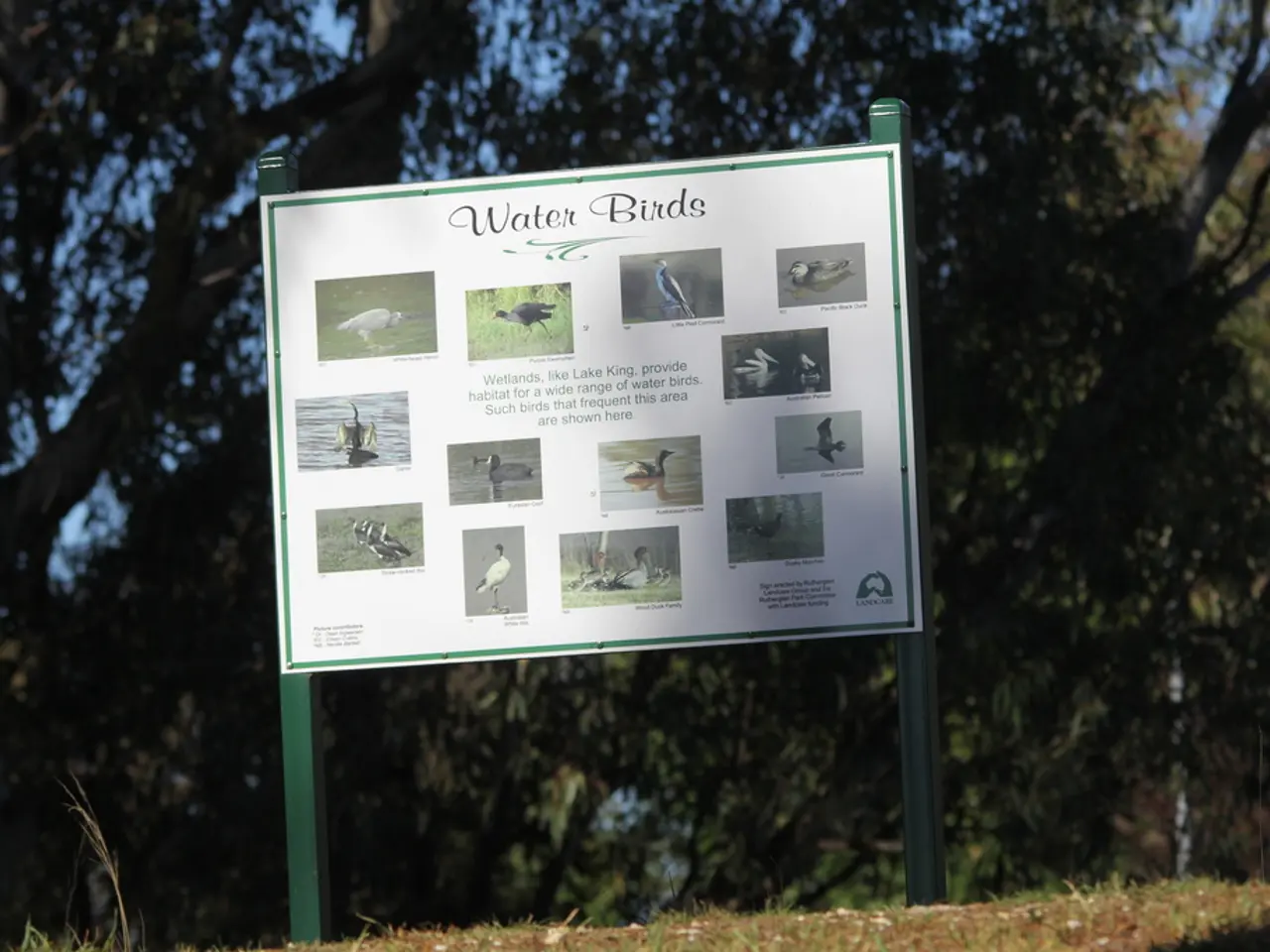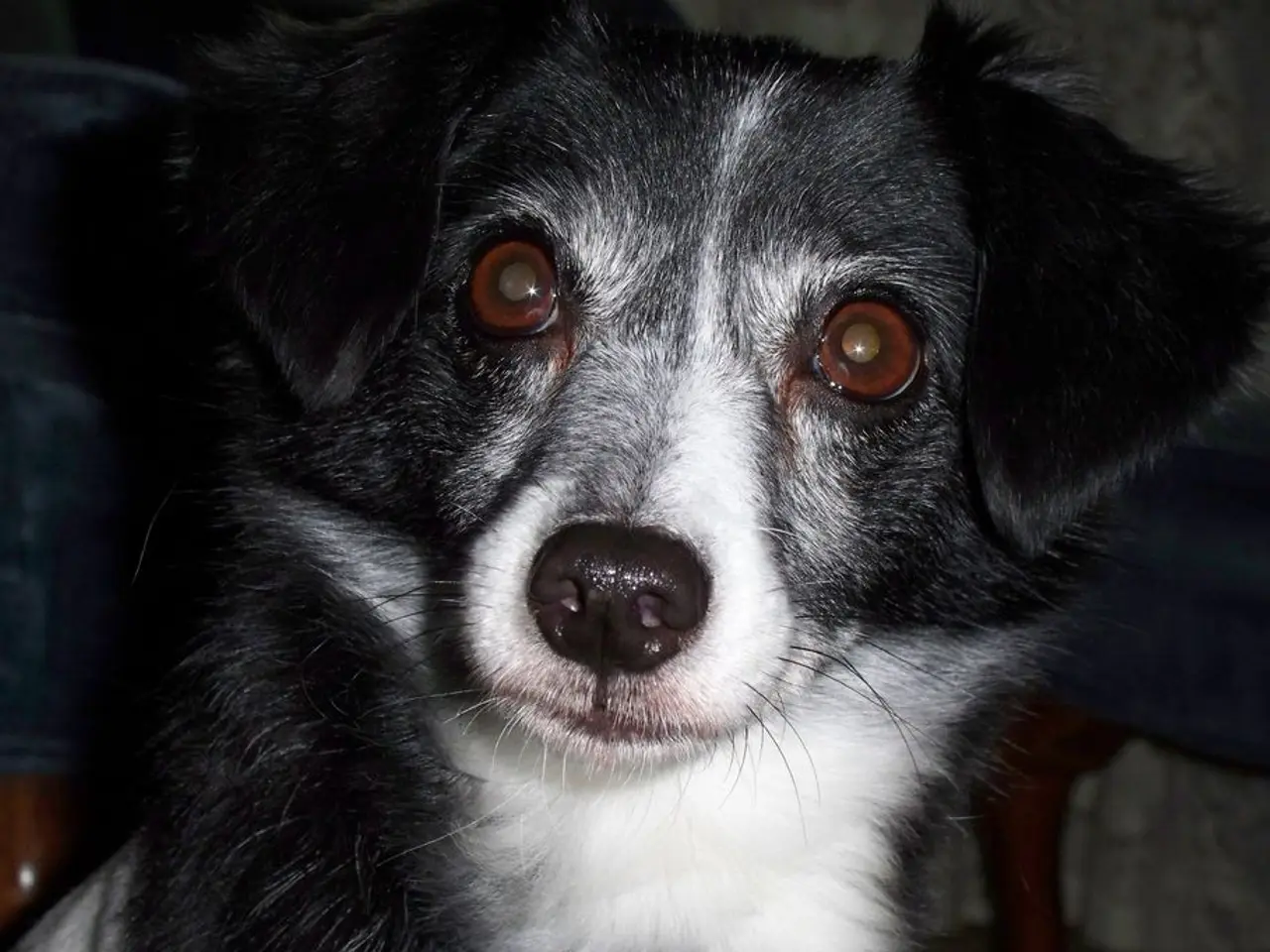In future encounters with vultures feeding on a deceased animal, express gratitude.
In recent years, the decline of apex scavenging species such as vultures has raised significant concerns. These majestic birds play a critical ecological role, efficiently and rapidly disposing of animal carcasses, thereby preventing them from rotting and becoming breeding grounds for pathogens and pests.
Without vultures, carcasses remain in the environment longer, promoting the spread of infectious diseases. This situation has a significant negative impact on human health and disease spread.
One of the key impacts of this decline is the increased risk of disease. Vultures have highly acidic stomachs that neutralize many pathogens, making them "dead-ends" for disease transmission. When vultures disappear, carcasses are left to rot, allowing pathogens to multiply and spread via other scavengers like feral dogs and rats, which can be disease vectors to humans.
In India, the collapse of vulture populations caused a dramatic increase in feral dogs, which scavenge on carcasses left by vultures. This increased dog population resulted in millions of additional dog bites and tens of thousands of extra human deaths from rabies, with an estimated 4% rise in human mortality rates during peak vulture population declines.
Moreover, decomposing carcasses can contaminate soil and water sources, further spreading disease. Cultural practices, such as the Parsi community's "Towers of Silence," where vultures consume human remains, have been disrupted, forcing changes due to hygienic concerns linked to the absence of vultures.
In Africa, vultures are critically endangered due to poisoning (often intentional to kill vultures feeding on carcasses used by poachers) and habitat loss. This decline disrupts the ecosystem and endangers biodiversity.
In the 1990s, the vulture population in India drastically decreased from millions to thousands due to the toxic effects of diclofenac, a painkiller given to livestock. This decline resulted in approximately 100,000 human deaths due to cascading effects.
Research is ongoing to understand the specific roles of scavengers in limiting certain diseases. However, it is clear that the loss of vultures as apex scavengers causes a collapse in natural carcass disposal systems, leading to ecological imbalance, increased populations of disease-carrying mammals, spread of diseases such as rabies, significant public health costs, and disruption of cultural practices related to death and decomposition.
It's important to factor nature into the equation of human health. Ignoring it could have negative consequences, as the decline of apex scavengers can lead to a boom in smaller scavengers, such as feral dogs and rats, which are more likely to spread diseases like rabies, fleas, leptospirosis, and hantavirus. These smaller scavengers tend to come into closer contact with humans than apex scavengers, posing a greater risk.
In conclusion, the decline of vultures and other apex scavengers has far-reaching implications for human health and ecosystem balance. Efforts to conserve these species are essential to maintain a healthy and sustainable environment for all.
[1] Rospars, I., et al. (2016). Vultures and human health: a review of the evidence. Trends in Parasitology, 32(12), 724-733. [2] Oaks, D. L., et al. (2016). The decline of vultures in Africa: a review of the threats and conservation actions. African Journal of Ecology, 54(3), 381-390. [4] Orians, G. H., et al. (2013). The role of vultures in disease control. Trends in Ecology & Evolution, 28(1), 41-45.
- The decline of vultures, key players in the field of ESG (Environmental, Social, and Governance), may have significant consequences for economic credit indexes due to the increased risk of disease spread and the subsequent impact on public health and wellness.
- In the realm of medical-conditions and health-and-wellness, the absence of vultures can lead to an escalation of environmental-science issues such as the multiplication of pathogens and the contamination of soil and water sources.
- As demonstrated in India, the collapse of vulture populations can result in a surge in smaller scavengers like feral dogs and rats, which are scientifically known to be more likely to carry and spread diseases like rabies, fleas, leptospirosis, and hantavirus, posing a greater risk to human health.
- The research in the science of scavengers suggests that the loss of vultures disrupts the balance in the ecosystem, considerably increasing the incidence of certain diseases and creating significant public health costs, making it crucial to conserve these species for a healthy and sustainable environment.




